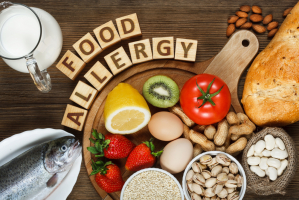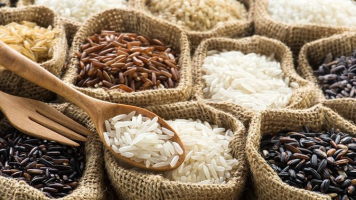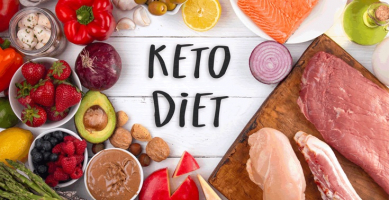Top 10 Most Common Nutrient Deficiencies
Several vitamins and minerals are necessary for healthy functioning and illness prevention in your body. Micronutrients are the name given to these vitamins ... read more...and minerals. A nutritional shortage happens when your body doesn't get enough of a certain nutrient or is unable to absorb it. Dangers may arise if this is allowed to continue. Impaired cognition, coronary artery disease, eye disease, infections, cancer, diabetes, inflammation, and obesity are only a few of these effects. The extremely frequent nutritional deficits are listed in this article.
-
Iron is a necessary mineral. It's a major component of red blood cells, where it links to hemoglobin to transfer oxygen to your cells. Iron insufficiency is one of the most frequent nutritional deficiencies, affecting more than 25% of the world's population. In preschoolers, this figure jumps to 47%. They are extremely likely to be iron deficient unless they are fed iron-rich or iron-fortified diets. Due to monthly blood loss, around 30% of menstrual women may be deficient, and up to 42% of young, pregnant women may be deficient as well.
Furthermore, vegetarians and vegans are more likely to be deficient since they ingest solely non-heme iron, which is not as effectively absorbed as heme iron. The most frequent side effect of iron deficiency is anemia, which occurs when the number of red blood cells and the capacity of your blood to carry oxygen decreases. Tiredness, weakness, a reduced immune system, and diminished mental function are common symptoms.

Iron deficiency 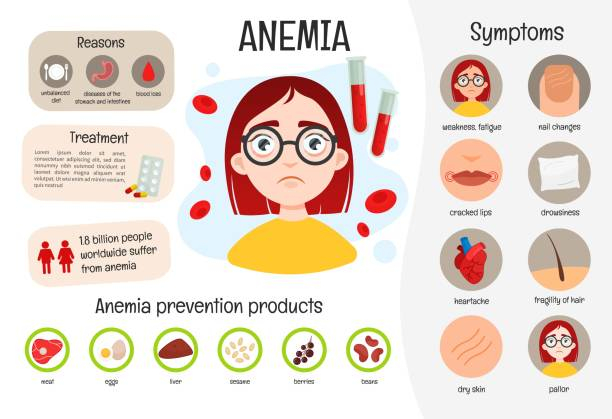
Iron deficiency -
Iodine is a mineral that is required for appropriate thyroid function and thyroid hormone synthesis. Thyroid hormones have a role in a variety of biological functions, including growth, brain development, and bone health. They also control your metabolic rate. One of the most frequent nutritional deficits, affecting roughly a third of the world's population, is iodine insufficiency.
An enlarged thyroid gland, often known as a goiter, is the most prevalent sign of iodine insufficiency. It may also raise heart rate, produce shortness of breath, and promote weight gain. Severe iodine shortage is associated with substantial injury, particularly in children. It has the potential to induce mental impairment and developmental problems. Some nations require that table salt be enriched with iodine, which has successfully decreased the frequency of deficiency.

Iodine deficiency 
Iodine deficiency -
Vitamin D is a fat-soluble vitamin that acts in your body like a steroid hormone. It circulates through your bloodstream and into cells, instructing them on whether to switch genes on or off. Almost every cell in your body contains a vitamin D receptor. When exposed to sunshine, your skin produces vitamin D from cholesterol. People who reside far from the equator are therefore at risk of deficiency unless their food intake is adequate or they supplement with vitamin D.
This vitamin may be inadequate in around 42% of persons in the United States. Because dark skin generates less vitamin D in reaction to sunshine, this figure jumps to 74% in older individuals and 82% in persons with dark skin. Vitamin D insufficiency is frequently undetectable since the symptoms are modest and can build over years or decades. Adults who are vitamin D deficient may suffer from muscular weakness, bone loss, and an increased risk of fractures. It might cause development delays and soft bones in youngsters (rickets). In addition, vitamin D deficiency may contribute to decreased immune function and an increased risk of cancer.
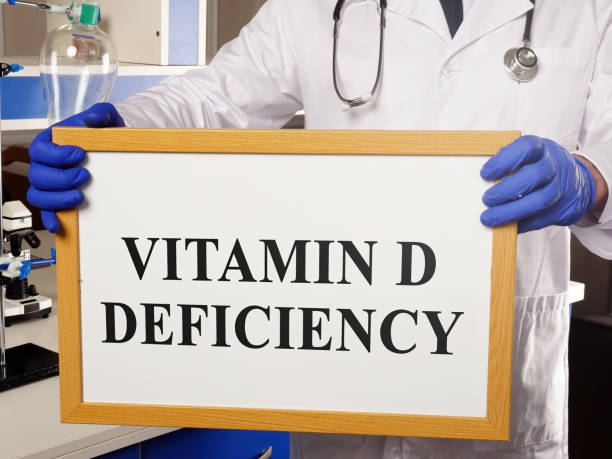
Vitamin D deficiency 
Vitamin D deficiency -
Vitamin B12 is a water-soluble vitamin also known as cobalamin. It is required for the production of blood as well as brain and nerve function. Every cell in your body requires B12 to operate properly, yet your body cannot make it. As a result, you must obtain it from diet or supplements. B12 is only found in adequate levels in animal diets, while certain forms of seaweed may contain minor amounts. As a result, persons who do not consume animal products are at a higher risk of insufficiency. According to studies, up to 80-90% of vegetarians and vegans may be vitamin B12 deficient.
Because absorption diminishes with age, more than 20% of older persons may be deficient in this vitamin. Because of a protein known as an intrinsic factor, B12 absorption is more complex than that of other vitamins. Some persons are deficient in this protein and may require B12 injections or greater supplement dosages. Megaloblastic anemia, a blood condition that causes red blood cells to expand, is a typical indication of vitamin B12 deficiency. Other symptoms include reduced brain function and high homocysteine levels, which are risk factors for a variety of disorders.
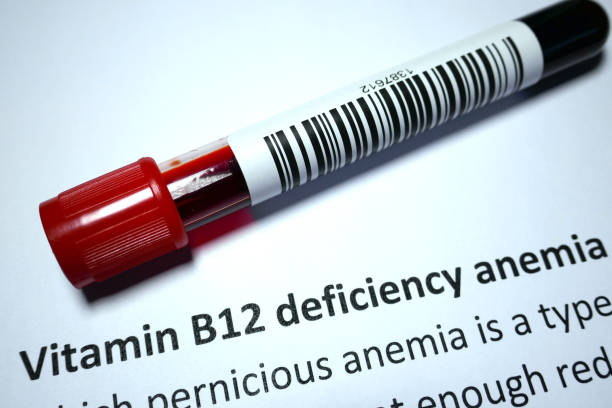
Vitamin B12 deficiency 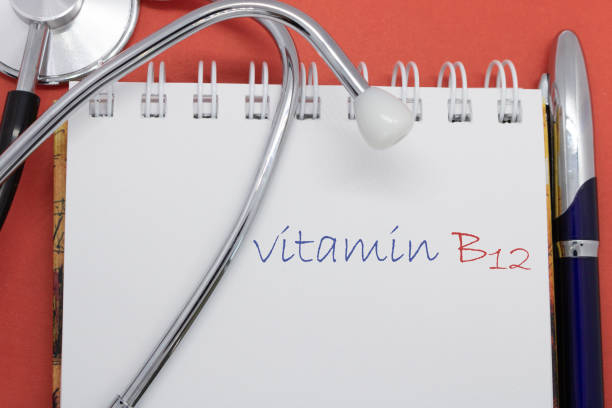
Vitamin B12 deficiency -
According to one poll conducted in the United States, fewer than 15% of teenage girls, 10% of women over 50, and 22% of teenage males and men over 50 reached the necessary calcium consumption. Although supplementation boosted these figures marginally, most people still did not acquire enough calcium. Soft bones (rickets) in youngsters and osteoporosis, especially in elderly individuals, are symptoms of progressively severe dietary calcium insufficiency.
According to one poll conducted in the United States, fewer than 15% of teenage girls, 10% of women over 50, and 22% of teenage males and men over 50 reached the necessary calcium consumption. Although supplementation boosted these figures marginally, most people still did not acquire enough calcium. Soft bones (rickets) in youngsters and osteoporosis, especially in elderly individuals, are symptoms of progressively severe dietary calcium insufficiency.
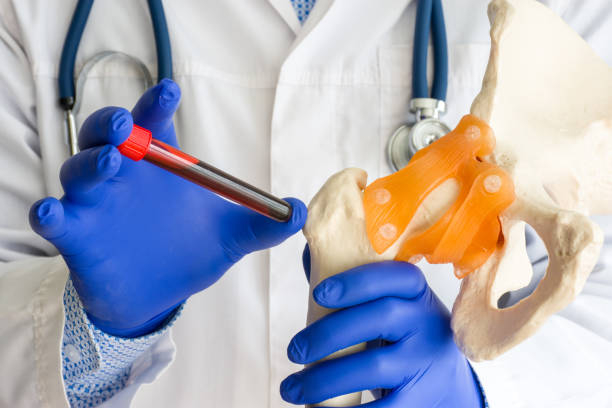
Calcium deficiency 
Calcium deficiency -
Vitamin A is a fat-soluble vitamin that is required for good health. It aids in the formation and maintenance of healthy skin, teeth, bones, and cell membranes. It also creates eye pigments, which are required for vision. More than 75% of persons who consume a Western diet obtain more than enough vitamin A and do not require supplementation. Vitamin A deficiency, on the other hand, is quite frequent in many impoverished nations. In certain areas, 44-50% of preschool-aged children are vitamin A deficient. In Indian women, this figure is roughly 30%.
Vitamin A shortage can result in both acute and chronic eye impairment, as well as blindness. In fact, this insufficiency is the primary cause of blindness around the globe. A lack of vitamin A can also impair immunological function and increase mortality, particularly in infants and pregnant or nursing women.
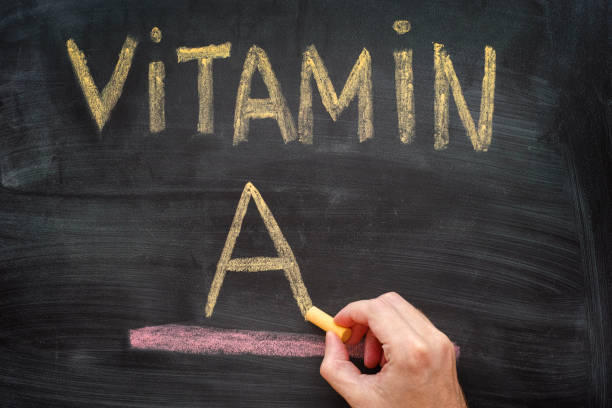
Vitamin A deficiency 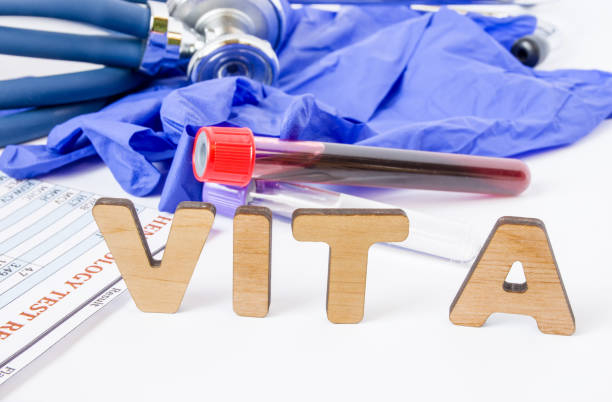
Vitamin A deficiency -
Magnesium is an important element in your body. It is required for bone and tooth formation and participates in about 300 enzyme activities. Nearly 70% of the US population under the age of 71, and around 80% of those over the age of 71, ingest less magnesium than is recommended. Low magnesium consumption and blood levels have been linked to a number of illnesses, including type 2 diabetes, metabolic syndrome, heart disease, and osteoporosis. Low levels are especially prevalent among hospitalized individuals. According to certain research, 9-65% of them are inadequate.
Disease, drug usage, impaired digestive function, or insufficient magnesium intake can all lead to deficiency. The most common signs of severe magnesium insufficiency include irregular heartbeat, muscular cramps, restless leg syndrome, tiredness, and headaches. Insulin resistance and high blood pressure are two more subtle, long-term signs that you may not detect.
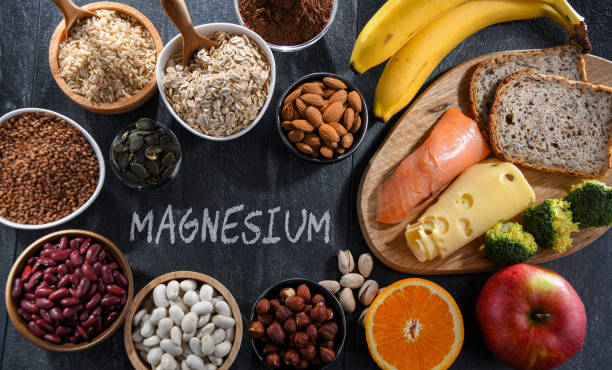
Magnesium deficiency 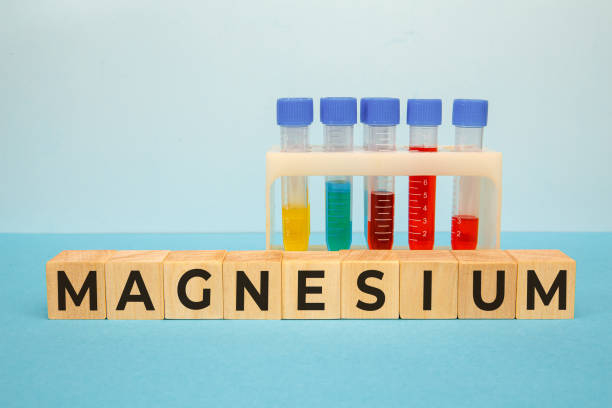
Magnesium deficiency -
One of the leading causes of zinc deficiency is alcoholism. Chronic renal illness, diabetes, liver or pancreatic diseases, and sickle cell disease are some of the other reasons. Those who are addicted to alcohol, vegetarians, those with gastrointestinal disorders, and pregnant or breastfeeding women are at a higher risk. Zinc supplementation may be used as a treatment for zinc deficiency. Consumption of zinc-rich foods is also beneficial. Oysters have the highest zinc content. Three ounces of cooked and fried oysters provide 74 milligrams of zinc, which is equivalent to 493% of the daily need. Three ounces of cooked crab contains approximately 6.5 grams of zinc or 43% of the daily need. Zinc is also found in baked beans and pumpkin seeds.
To increase your zinc intake, add cooked oysters to pasta meals. They may also be used in seafood soups and stews. Vegetarians might supplement their evening veggie salad with baked beans or pumpkin seeds. You may also use them as a garnish on your food. If nutritional deficiencies are not addressed, they can lead to life-threatening problems. If you believe you are a member of one of these groups, you must take precautions.

Zinc Deficiency 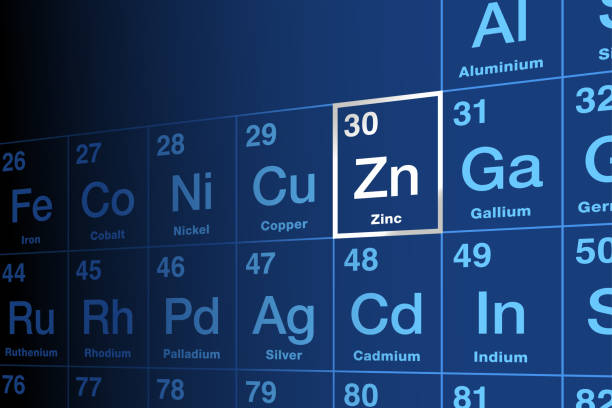
Zinc Deficiency -
The major cause of scurvy is a deficiency in vitamin C. Individuals at high risk include those who are addicted to alcohol or smoking, those who eat poorly, and those who suffer from serious mental diseases. Even dialysis patients are in danger since vitamin C is depleted throughout the treatment procedure. Treatment typically entails taking a high dose of vitamin C on a regular basis.
It also helps to supplement your diet with vitamin C-rich foods. A quarter cup of orange juice has 93 mg of vitamin C, which is 155% of the daily need. A medium orange has around 70 milligrams of vitamin C, which is 117% of the daily need. Broccoli, potatoes, and cauliflower are other good sources. An orange a day should suffice to meet your vitamin C requirements. Toss broccoli, potatoes, and orange slices into your dinner salad.
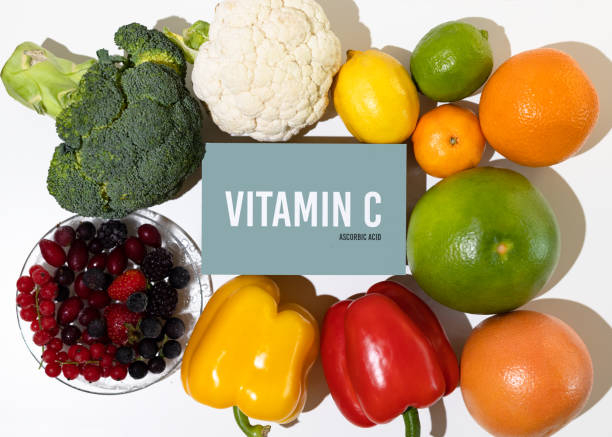
Vitamin C deficiency 
Vitamin C deficiency -
Folate, also known as vitamin B-9, is required for the formation of red blood cells and DNA, as well as for fetal growth and brain development. Folate deficiency is the most prevalent nutritional deficit in pregnant women, and it can result in serious birth abnormalities and development problems. To guarantee a healthy pregnancy, pregnant women and women considering pregnancies should ingest 400 micrograms of folic acid every day.
The following foods are high in folate:
- Beans
- Lentils
- Leafy green vegetables
- Poultry and pork
- Whole grains
- Citrus fruits
If you're unsure if your diet contains enough folate, try taking a supplement or speaking with a doctor or nutritionist.
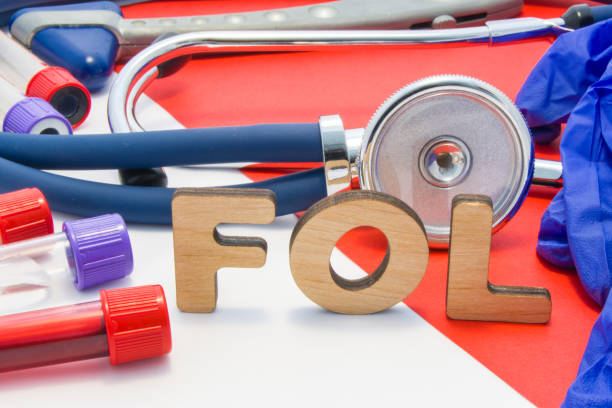
Folate deficiency 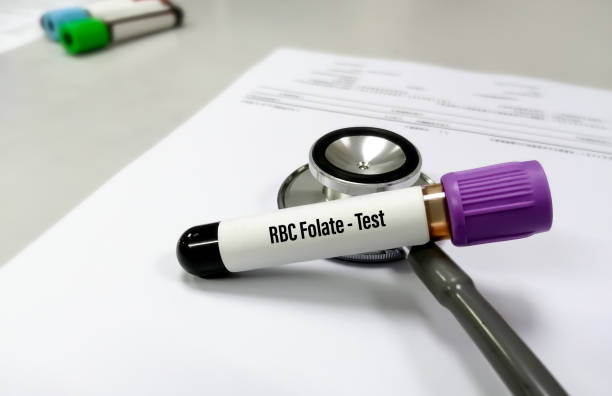
Folate deficiency












